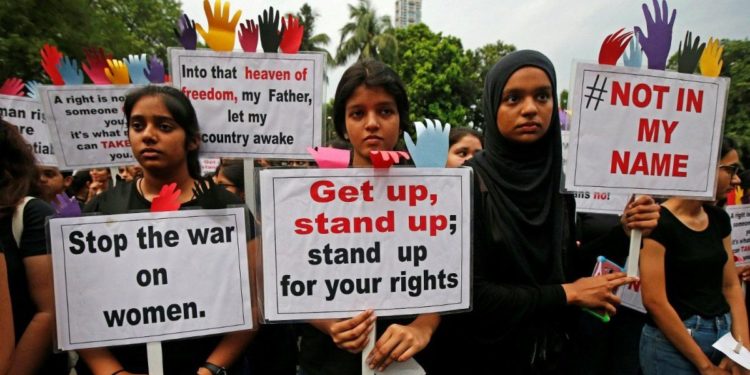How repealing Article 370 impacts the POSH Act

Yesterday, the Modi government, within a mere 100 days of its second term, wrote history by repealing the special status the state of Jammu and Kashmir previously enjoyed. The central government also split the sensitive border into two Union Territories of J&K and Ladakh, both of which would be governed centrally. The headlines deliberate the constitutional aftereffects of the diktat and the welfare of the state citizens themselves, which are indeed the most pressing concerns of the hour. However, what is to happen to the law that protects women in the workplace?
POSH and the CPC – an impending clash
The Sexual Harassment of Women (Prevention, Prohibition and Redressal) Act was notified by the central government in 2013, and its applicability extended to the whole of India, including Jammu and Kashmir. By the provisions of the Act, this means that workplaces of 10 or more employees must constitute a bench for female victims of sexual harassment to lodge their complaints. This bench is called an Internal Complaints Committee (ICC) and must include a senior female employee, two members experienced with the issues surrounding harassment, and one external member, similarly well versed with such issues. For workplaces staffed by less than 10 employees, the concerned district must establish a Local Complaints Committee (LCC). Said LCC should be chaired by a committed, eminent woman experienced in the field, one member elected by the women working in the area of jurisdiction, and two other elected members working with NGOs committed to similar causes, or persons having expertise in the field. The ICC and the LCC are constituted among the members of the institute and the members of the district, respectively, and all administration of the complaints lodged is done solely by the Committee. These Committees are given powers of civil courts for collecting evidence. The minimal presence of third-party members and the limited number of steps required in registering a complaint permits speedy disposal of complaints, and prompt redressal.
The Civil Procedure Code (CPC) also provides for the registration and hearing of civil complaints. However, the procedure is much more complex and long-drawn. As per section 1(3)(a) of the CPC, the Code would not apply to the State of Jammu and Kashmir. But, with the latest decision of the centre, revoking the State’s special status, the CPC will now be made applicable to the two Union Territories as well.
What does this mean for J&K?
What this means for the two newly formed Union Territories is that female complainant can also seek redressal at a civil court as well. The introduction of the RTI Act to Kashmir may even be a blessing to female complainants.The provisions of the Act can be used as a supplement to the POSH Act. The complainant can file an RTI, requesting the status of her complaint in the ICC / LCC – This further increases effective redressal of complaints, thus easing the way for female employees. Perhaps this move may benefit female empowerment at the workplace if nothing else. In a landmark judgment, the CIC held that a complainant/victim of an incident of sexual harassment can access information through the RTI Act, 2005 and directed to provide all available information in respect of the RTI Application to the Appellant within 15 days from the date of receipt of the order. Jammu and Kashmir will now be able to enjoy the benefits of RTI.
Read our insights about diversity, legal updates and industry knowledge on workplace inclusion at Ungender Insights. Visit our Blog.
Sign up to stay up-to-date with our free e-mail newsletter.
The above insights are a product of our learning from our advisory work at Ungender. Our Team specialises in advising workplaces on gender centric laws.
or email us at contact@ungender.in




